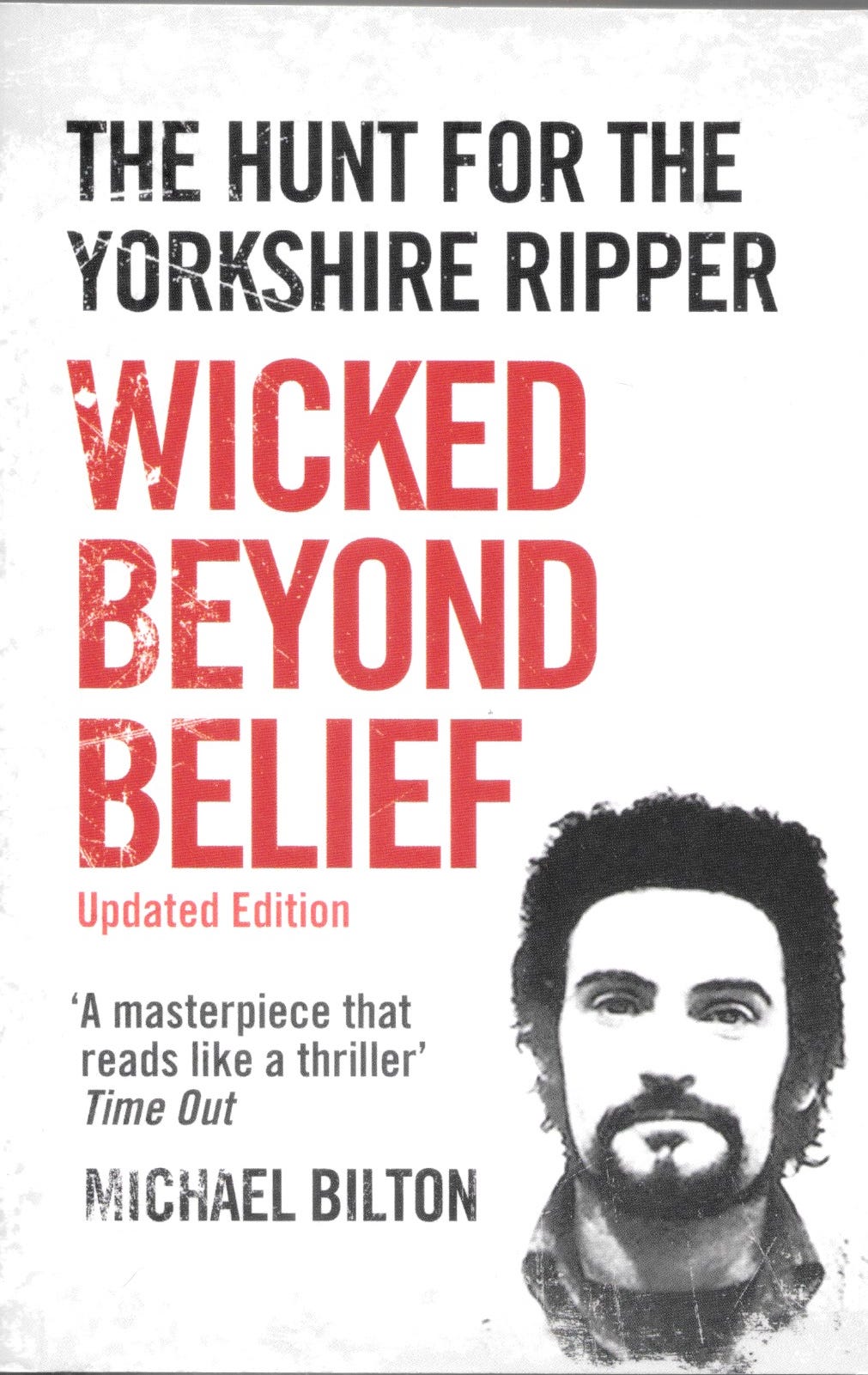Do we need another Yorkshire Ripper TV drama?
The Long Shadow comes to ITV in September. Does television's fixation on revisiting infamous crimes reflect a healthy interest by audiences – or is it a voyeuristic obsession?
Journalist Rachel Cook wrote in The Observer last month, ‘Mostly I loathe true crime. To make entertainment of the horrifying acts of a Dennis Nilsen or a Jeffrey Dahmer isn’t just gratuitously exploitative; it can only bring more pain to those who loved the men they killed.’
Both of those murderers have been depicted on TV recently, with Netflix’s Dahmer – Monster: The Jeffrey Dahmer Story attracting particular revulsion in the media. While that series purported to portray the untold stories of the victims, it was Dahmer’s face that beamed down from billboards in London’s Tottenham Court Road, while social media was abuzz with recollections of its chilling scenes.
At its worst, the salacious end of the true-crime genre turns those guilty of appalling crimes into the rock stars of infamy.
On the other hand, ITV’s mini-series about the Nilsen case, Des, starring David Tennant as the serial killer, was certainly not a titillation fest. The crimes were not depicted and the focus was on the lonely victims who crossed paths with a narcissistic loner and Nilsen’s monstrous self-absorption.
The Sixth Commandment
And, actually, there was a ‘but’ coming in Rachel Cook’s Observer piece in that it was actually praising yet another true-crime depiction. While she loathes the likes of the Dahmer series, she was impressed by The Sixth Commandment: ‘It is hard to imagine better television – more dignified, more noticing – than The Sixth Commandment.’
This BBC four-parter, first shown in July, really did view the case against Ben Field, who preyed on lonely pensioners Peter Farquhar and Ann Moore-Martin, from the viewpoint of the victims and their families.
Written by Sarah Phelps, with heartrending performances by Timothy Spall and Anne Reid, it was a revealing insight into the vulnerabilities of old age and the quiet desperation of loneliness.
Now comes The Long Shadow, exploring the investigation into the Yorkshire Ripper murders. Peter Sutcliffe terrorised the north of England from 1975 to 1981, murdering 13 women and attempting to kill a further seven.
ITV have already dramatised this case once before. This Is Personal: The Hunt for the Yorkshire Ripper was broadcast in 2000 and was a powerful exploration of the epic failures by the police, which allowed Sutcliffe to elude justice for so long
Toby Jones, David Morrissey, Katherine Kelly
The ITV statement announcing a starry cast of UK acting talent – Toby Jones, David Morrissey, Lee Ingleby, Jill Halfpenny, Katherine Kelly (pictured below) – promises to be the ‘definitive depiction of the desperate five-year hunt for the serial killer’.
However, as the statement also says, this is a ‘well-documented story’. So, do we need to revisit it?
The answer must come down to the quality of the drama, its writing and aims. ITV claims it has been meticulously researched the case, using hundreds of police reports and interview transcripts.
It also relies on what must be the definitive book on the case, Wicked Beyond Belief by journalist Michael Bilton, who was a Sunday Times reporter (when the Sunday Times was a respected investigative newspaper) covering the case. Some two decades after Sutcliffe was given 20 terms of life imprisonment, Bilton returned to the case and wrote his in-depth account.
The case is important because a devastated police force had to reassess how such cases of serial murder were investigated after Sutcliffe’s capture. The Byford Report, which stripped bare the police blunders, was kept secret until 2006, so its exposures could be included in The Long Shadow.
Reclaim the Night, a movement started in Leeds in 1977 as a response to police requests to women not to go out after dark, was just one eruption of public disquiet to Sutcliffe’s apparently unstoppable murder spree.
The case devastated the lives of many – victims, their families – while also impacting the detectives struggling to catch the killer.
High standard of true crime
British television does have a strong track record of portraying such cases sensitively. One of the finest was the BBC’s Five Daughters, which was wholly focused on the final weeks of the victims of Ipswich killer Steve Wright in 2006. Wright and his terrible exploits did not feature at all.
ITV has specialised in compelling true-crime dramas over many years – Shipman (2002), A Is for Acid (2002), The Brides in the Bath (2003), See No Evil: The Moors Murders (2006), Appropriate Adult (2011), In Plain Sight ( 2016), The Pembrokeshire Murders (2021).
The Long Shadow is a seven-parter with a large cast. Politically and historically this was a momentous case. Despite a certain snootiness in some quarters about true crime, there will always be a good case for exploring these events with sensitivity and respect for the subject and those affected by it.
The chances must be that, with ITV’s considerable past success in producing these series, this latest one will not be a gratuitous piece of serial-killer worship, but a serious and ambitious drama.




